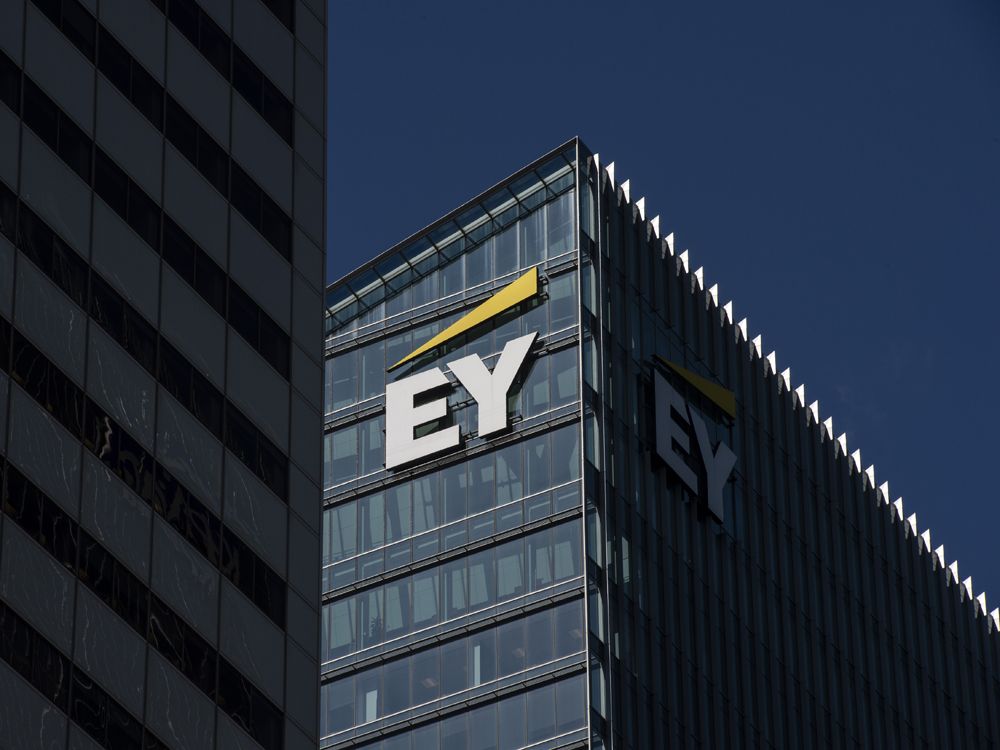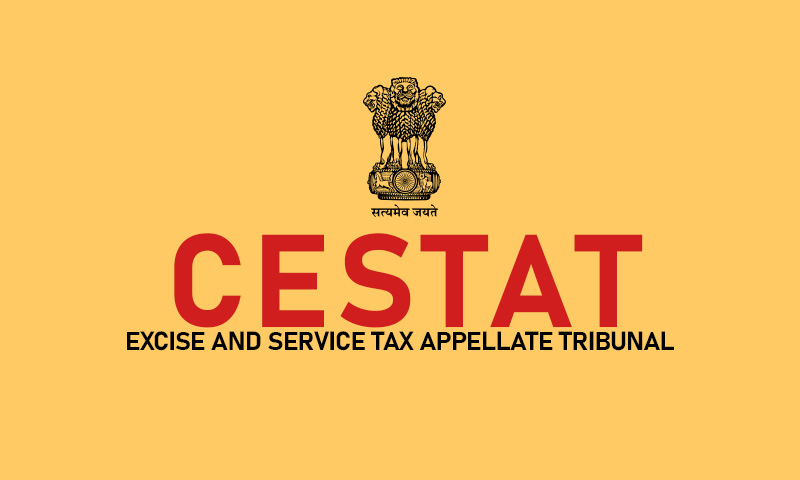EY Faces $1.4 Billion Lawsuit Over Bridging Finance Collapse: Did Auditors Miss the Red Flags?

EY Under Fire: $1.4 Billion Lawsuit Alleges Audit Failures in Bridging Finance Collapse
A major legal battle is brewing in Canada as PricewaterhouseCoopers (PwC) has launched a $1.4 billion lawsuit against Ernst & Young (EY) over its role in the spectacular collapse of Bridging Finance, a once-promising investment firm. The lawsuit, filed last month in Ontario's Superior Court, alleges that EY issued unqualified audit opinions on Bridging's financial statements from 2014 to 2020, despite clear warning signs that should have triggered further investigation.
The Core of the Claim: Ignoring Red Flags
PwC's claim centers on the allegation that EY failed to adequately scrutinize Bridging's financial records, overlooking critical issues such as inflated asset values and undisclosed loan defaults. According to the court documents, PwC contends that EY’s unqualified opinions provided a false sense of security to investors and lenders, ultimately contributing to the firm's downfall. This raises serious questions about the quality and rigor of the auditing process.
Bridging Finance: A Rapid Rise and Dramatic Fall
Bridging Finance gained prominence as a non-bank lender specializing in providing financing to companies in sectors like real estate and energy. The firm experienced rapid growth, attracting significant investments. However, cracks began to appear as concerns arose regarding the true value of its assets and the stability of its loan portfolio. The collapse, which occurred in 2020, sent shockwaves through the Canadian financial community and left investors reeling.
The Legal Battle: A Test for Auditor Responsibility
This lawsuit is not just about financial losses; it’s a test of auditor responsibility and the potential liabilities faced by accounting firms when their audits are deemed inadequate. If PwC's claims are proven, it could have significant ramifications for the auditing industry in Canada and potentially beyond. It highlights the crucial role auditors play in ensuring the accuracy and reliability of financial information.
EY's Response and Future Implications
EY has yet to formally respond to the lawsuit, but it is expected to vigorously defend its actions. The case is likely to be complex and protracted, involving extensive document review and expert testimony. The outcome will be closely watched by investors, lenders, and the broader financial community, as it could shape the future of auditing practices and the legal landscape surrounding auditor liability.
Key Questions Remain
- Did EY adequately perform its duties as an auditor?
- Were the red flags sufficiently obvious to warrant a more critical examination?
- What impact did EY’s audit opinions have on the decisions of investors and lenders?
The lawsuit against EY underscores the importance of robust auditing practices and the need for greater accountability within the financial sector. As the case progresses, it will likely spark further debate about the role of auditors in protecting investors and maintaining the integrity of the financial system.






